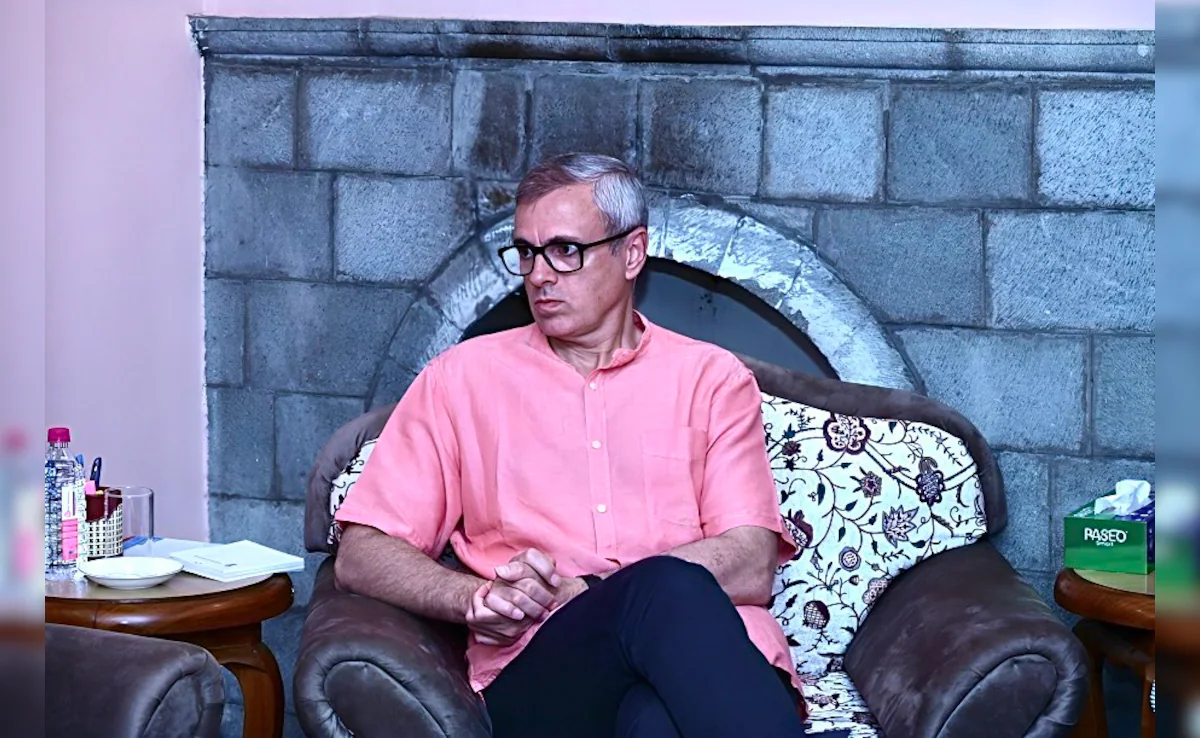• Says disclosure of info about inquiries ordered between 1990 and 2011 can threaten security, integrity of State
• Moves HC against SIC’s endorsement of HR activist’s plea
 The state Home department has denied information sought under Right to Information (RTI) about the inquiries ordered or conducted by the government between 1990 and 2011, citing that it would lead to “incitement of an offence by anti-national elements and other inimical forces”.
The state Home department has denied information sought under Right to Information (RTI) about the inquiries ordered or conducted by the government between 1990 and 2011, citing that it would lead to “incitement of an offence by anti-national elements and other inimical forces”.In January 2012, human rights activist, Khurram Parvaiz filed an application under the Jammu and Kashmir RTI Act, 2009, before the Public Information Officer (PIO), Home Department.
The RTI application reads: “We request all information and documents be provided to us relating to the inquiries ordered and/or conducted by the Government of Jammu and Kashmir, including inquiries under the Commissions of Inquiry Act, 1962, and magisterial inquiries, between 1990 and 2011, including number and details of inquiries, names of the accused persons and their designation/units, results of the inquiries including the recommendations/findings, resultant consequences on accused persons found guilty in the inquiries, details of the incidents alleged/found to have been committed.”
In September 2013, the Home department outrightly rejected the first appeal and information sought by Parvaiz.
“It would lead to incitement of an offence by anti-national elements and other inimical forces. There is every likelihood of breach of peace which in turn may affect the security of State under (section 8(1) (a) of the J&K Right to Information Act 2009),” the home department’s response to the application states.
The official reply states that the disclosure of information regarding some inquiries could “threaten security, sovereignty and integrity of the state”.
The home department cited issues related to endangerment of life or physical safety of the person(s) (complainant/accused) and also identify the source of information (section 8(1)(f) of the J&K Right to Information Act 2009). The official communiqué maintained that the revelation of information would “hamper the process of investigation/enquiry (section 8(1)(g) of the J&K Right to Information Act 2009) and disclosure of the information shall not be in the larger public interest”.
On April 22, 2014, the State Information Commission (SIC) upheld the right of the petitioner to all the information sought except for names of the accused persons and their designation/unit.
“This decision infringes on the right of the petitioner, including as a human rights activist, to have access to inquiries ordered by the Government of Jammu and Kashmir. This decision is against the provisions and spirit of the RTI Act and directly violates the fundamental rights of the petitioner guaranteed by the Constitution,” the SIC argued.
It further stated that the impugned decision condones State action which is “illogical and violative” of fundamental rights of the petitioner, as is borne out by the factual medium of the case. “Articles 14, 19(1)(a) and 21 of the Constitution of India stand violated by the impugned decision.”
Reflecting its reluctance to disclose information sought in the RTI application, the state home department has approached High Court to stay the order of SIC, arguing that it was against Section 8 of RTI Act.
In a threadbare discussion involving CIC, SIC, First Appellate Authority (FFA) officials from Home department, the SIC observed: “The commission does not agree with FAA and PIO that the mere number of inquiries is hit under Section 8 and there are no cogent reasons given by the home department for non-disclosure of information. Therefore the information is ordered to be disclosed except the names of accused persons with their designations.”
The commission has also termed the denial of information by home department regarding the results and recommendations of inquiries as unjustifiable.
“The commission does not consider that the details of incidents if given will result in any breach of peace which may in turn have effect on the security of the state or endanger life and physical safety of the persons. Similarly it will not attract section 8(1)(g),” reads the commission report, a copy of which lies with us.
The SIC directed the home department to issue directions to the PIO to disclose information to Parvaiz regarding such incidents without mentioning names of the guilty persons (in view of section 8(1)(F) Information, the disclosure of which would endanger the life or physical safety of any person or identify the source of information or assistance).
Parvaiz has been fighting the case on the grounds of human rights violations that J&K has been witnessing since 1990. “The government has taken no action against perpetrators of these human rights abuses and has instead merely sought to shield them,” he said.
“Since 1990, government has routinely constituted inquiries – either magisterial inquiries or inquiries under the Commission of Inquiry Act, 1962. The findings of these inquiries are almost never made public. They even approached High Court so one can imagine the level of human rights abuses in our state” he added.
Parvaiz said the position of the Home Department, and the SIC through the impugned decision on providing information of accused persons is ironic as even Ministry of Defense has disclosed names of guilty persons from time to time.
Parvaiz is involved in the documentation, reporting and litigating of human rights cases in the state.
Noted human rights lawyer, Parvez Imroz while commenting on the reasons of Home department for denial of information said the government was violating its own laws. “People have right to know what happened to the cases. The rejection of information is against government’s own statute. It is not acceptable that government after every instant would order probes and then do nothing,” Imroz said.
Meanwhile, Under Secretary Home, Sharib Sahran said: “Everyone in this case has a point so let the court decide what is to be done in this regard.”



